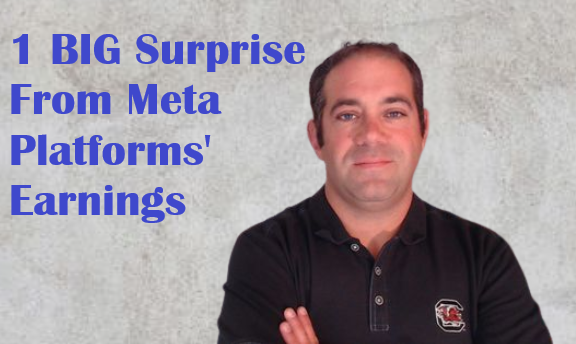Facebook (FB 1.34%) has rallied 20% over the past 12 months, but plenty of bears believe its stock is overvalued at 68 times trailing earnings. While Facebook might be more "expensive" than Google (GOOG +1.88%) (GOOGL +1.72%), which has a P/E of 25, it's certainly faring better than social networking peers Twitter (TWTR +0.00%) and LinkedIn (LNKD +0.00%), which both remain unprofitable.
Therefore, let's look at Facebook as a long-term investment, and gauge how long it might take the social network to hit $100 per share.

Source: Pixabay.
What Facebook's earnings estimates tell us
Analysts, on average, expect Facebook's revenue to rise 37% year over year to $17.1 billion in 2015. In 2016, that growth rate is expected to slightly dip to 32%. However, Facebook's earnings per share in 2015 are expected to climb by 9% to $1.93, then soar 33% to $2.57 in 2016.
A commonly cited reason for that delayed earnings growth is the gradual monetization of Instagram, which doubled from 300 million to 600 million users between September 2013 and December 2014. Citigroup analyst Mark May, who has a $91 price target on Facebook, believes Instagram could add $2 billion in high-margin revenue to the company's top line once it its fully monetized with ads. Oppenheimer analyst Jason Helfstein, who believes Facebook stock is worth $100, also cites Instagram monetization as a key earnings driver.
If Wall Street's earnings estimates are accurate, and Facebook's trailing P/E declines moderately to 50, a "fair price" for the stock could be about $96.50 in 2015 and $128.50 in 2016.
Slowing growth might bring that P/E down
Of course, a stock's P/E also cools off when a company's growth stalls, since investors won't pay a premium for fading growth.
On the surface, all of Facebook's numbers are headed in the right direction. Last quarter, revenue rose 49% year over year to $3.85 billion, net income climbed 34% to $701 million, and mobile advertising revenue accounted for 69% of its advertising revenue -- up from 53% a year earlier.
Monthly active users, or MAUs, at the end of year rose 13% year over year to 1.39 billion. However, Facebook's MAU growth is slowing. In the first three quarters of 2014, MAUs respectively rose 15%, 14%, and 14% year over year. That slowdown, while minor, might continue throughout 2015 and 2016. Year-over-year advertising revenue growth also declined sequentially through 2014, from 82% in the first quarter to 53% in the fourth.
How Facebook intends to keep growing
To deal with that slowing growth, Facebook has grown inorganically with acquisitions of Instagram, Atlas, WhatsApp, Oculus VR, QuickFire Networks, and other smaller start-ups.
Some acquisitions, such as Atlas for ads and Quickfire for streaming video, enhanced Facebook's core business. Others, such as Instagram and WhatsApp, initially seemed redundant but retained users by creating an "illusion of choice" for people who didn't want to use Facebook or Facebook Messenger. The acquisition of VR headset maker Oculus VR was a surprise, but the consumer virtual reality market might grow from nearly nothing today to $5.2 billion by 2018, according to research firm KZero Worldwide. Those acquisitions can keep Facebook relevant even as growth in MAUs and ad revenue at its main site tops out.

Oculus Rift. Source: Oculus.
Facebook sits on a huge inventory of ads, but only displays a limited number of them. This self-disciplined strategy emphasizes quality and relevance over quantity, and prevents too many ads from clogging up its News Feed. That approach drove up the average cost per Facebook ad by 335% year over year last quarter as total ads served fell 65%. This tactic also boosted average revenue per user, or ARPU, from $1.95 to $2.77 between the first and fourth quarters of 2014, indicating Facebook intends to maximize the value of each user as growth slows.
Newer initiatives -- such as Facebook at Work and a possible expansion into healthcare -- could further increase the company's ARPU. A possible re-entry into China, which has been strongly hinted at over the past year, could also cause MAU numbers to spike again.
The verdict
In my opinion, Facebook has three key strengths -- a lack of meaningful competitors, a constantly evolving ad platform that remains in high demand, and a visionary CEO who thinks in terms of years rather than quarters.
While some Facebook investors are worried about CEO Mark Zuckerberg's plans to spend billions on big acquisitions, I'm not. On the contrary, I expect Facebook to keep evolving as a company over the next few years and to find new ways to generate fresh user growth, increase revenue per user, and challenge Google across multiple businesses. Given all this, I believe Facebook will easily top $100 per share in the near future as growth continues to improve on the top and bottom lines.








